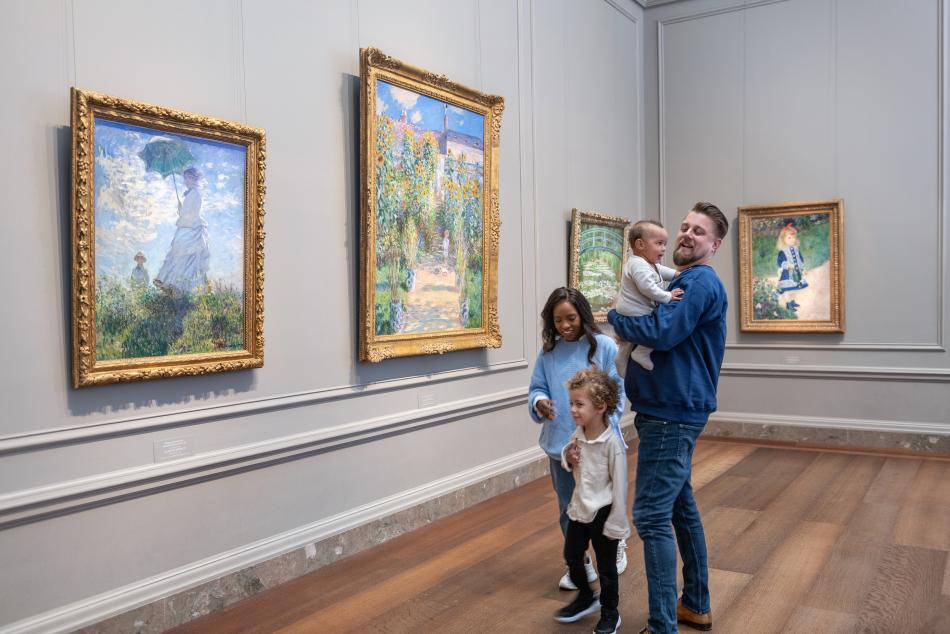Oscar Bluemner
1913
Alfred Stieglitz
Artist, American, 1864 - 1946

Artwork overview
-
Medium
platinum print
-
Credit Line
-
Dimensions
image: 23.5 x 19.4 cm (9 1/4 x 7 5/8 in.)
sheet: 25.3 x 20.2 cm (9 15/16 x 7 15/16 in.) -
Accession Number
1949.3.340
-
Stieglitz Estate Number
87C
Part of Stieglitz Key Set Online Edition
Learn more -
Key Set Number
382

Alfred Stieglitz
Curious for more Alfred Stieglitz scholarship?
Discover over 1,000 artworks that the artist’s wife Georgia O’Keeffe termed his “Key Set” of prize photographs. Museum scholars have illuminated each work, his career, practices, and lifetime achievements.
Artwork history & notes
Provenance
Georgia O'Keeffe; gift to NGA, 1949.
Associated Names
Bibliography
2002
Greenough, Sarah. Alfred Stieglitz: The Key Set: The Alfred Stieglitz Collection of Photographs. Washington, 2002: vol. 1, cat. 382.
Inscriptions
by Alfred Stieglitz, on mount, center left verso, in graphite: Oscar Bluemner 1913 / by Stieglitz
by Georgia O'Keeffe, on mount, lower left verso, in graphite: 87 C
by later hand, on mount, lower right verso, in graphite: 7-1944-346; center right: 7-1944-346
Wikidata ID
Q64034852Scholarly Remarks and Key Set Data
Remarks
Born in Prenzlau, Germany, Bluemner immigrated to the United States in 1892. He began to frequent 291 in 1910 and was so deeply influenced by the 1911 Cézanne exhibition that he abandoned his profession as an architect and traveled in Europe for a year and a half to study the latest developments in art. His work was included in the 1913 Armory Show and the 1916 “Forum Exhibition of Modern American Painters” at the Anderson Galleries. In 1915 Stieglitz gave him a one-person show at 291. In 1928 Stieglitz exhibited Bluemner’s paintings at the Intimate Gallery, proclaiming him to be “the first painter to introduce red in America, the first who really dared to paint red” (18 December 1926, in Herbert Seligmann, Alfred Stieglitz Talking [New Haven, 1966], 118).
Lifetime Exhibitions
A print from the same negative—perhaps a photograph from the Gallery’s collection—appeared in the following exhibition(s) during Alfred Stieglitz’s lifetime:
1944, Philadelphia (no. 173, as Oscar Bluemner, 1913)


